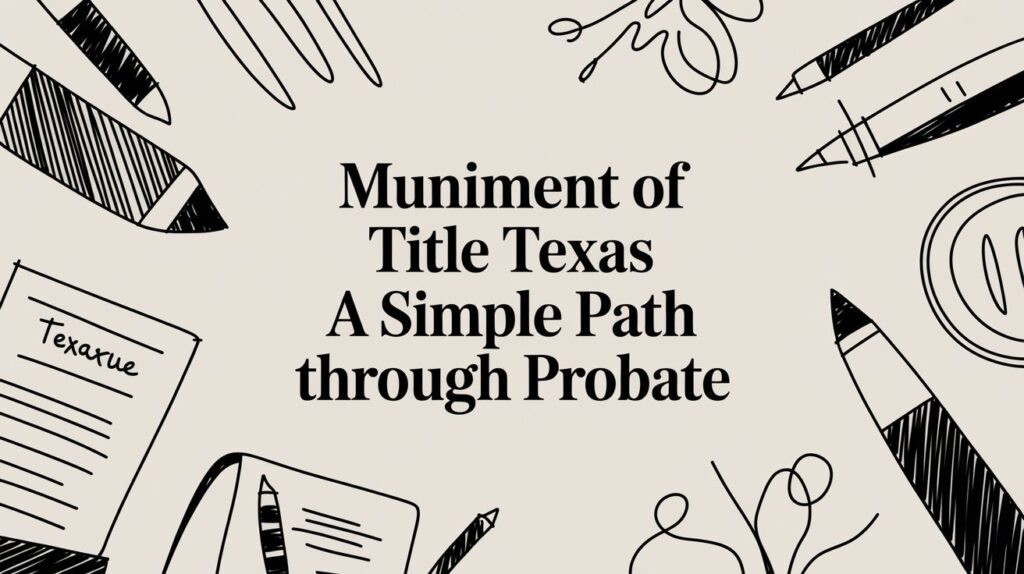Understanding the Importance of Estate Planning in Texas
Estate planning is a crucial process that ensures your assets are distributed according to your wishes after your passing. In Texas, effective estate planning can help mitigate potential disputes among heirs and streamline the probate process, ultimately saving time and resources for your loved ones.
By creating a comprehensive estate plan, you can specify guardianship for minor children, designate beneficiaries for your assets, and establish trusts to manage your estate efficiently. Engaging with a knowledgeable attorney can provide tailored strategies that align with Texas laws and your personal circumstances.
Common Misconceptions About Probate in Texas
Many individuals hold misconceptions about probate, often viewing it as a lengthy and cumbersome process. However, understanding the realities of probate in Texas can help demystify it and clarify its role in estate administration.
For example, probate is not always required for small estates or certain types of assets, such as those held in trust. Additionally, the timeline and complexity of probate can vary significantly based on the estate's specific circumstances and the clarity of the deceased's wishes as outlined in their will.
Navigating Contested Probate Cases in Texas
Contested probate cases occur when disagreements arise among heirs or interested parties regarding the validity of a will or the distribution of assets. In Texas, these disputes can complicate the probate process, making it essential to understand the legal avenues available for resolution.
Engaging a skilled probate attorney can provide the necessary guidance to navigate these disputes effectively. They can assist in filing the appropriate motions, representing your interests in court, and working towards a resolution that honors the deceased's intentions while protecting your rights.
Essential Documents for a Smooth Probate Process
Having the right documents in place is vital for a smooth probate process in Texas. Key documents include the deceased's will, death certificate, and any relevant financial statements or asset inventories. These documents help establish the validity of the will and facilitate the distribution of assets.
Additionally, executors should prepare an inventory of the estate's assets and liabilities to provide transparency to beneficiaries and the court. Proper documentation can significantly reduce delays and misunderstandings, ensuring that the probate process proceeds as efficiently as possible.



